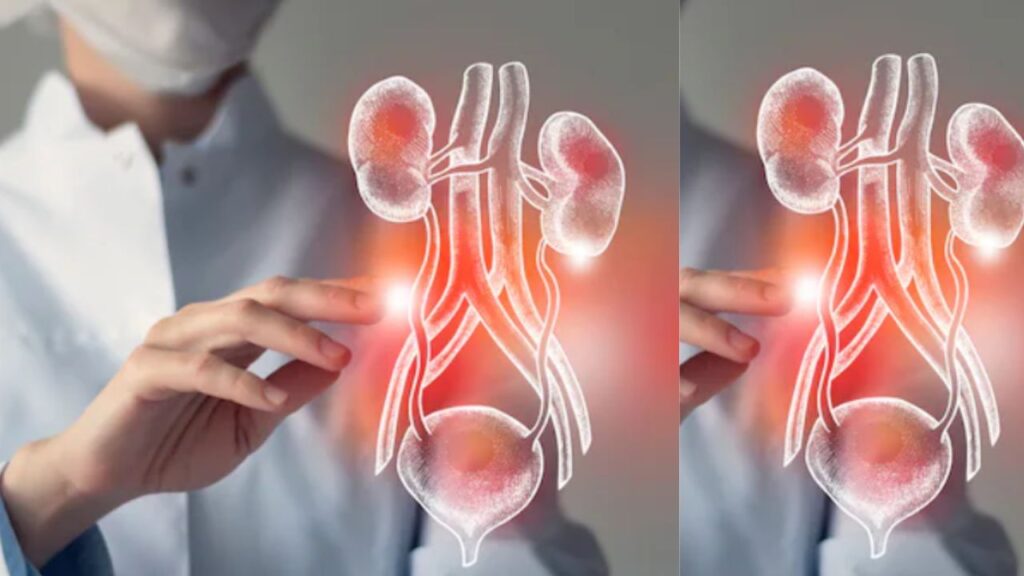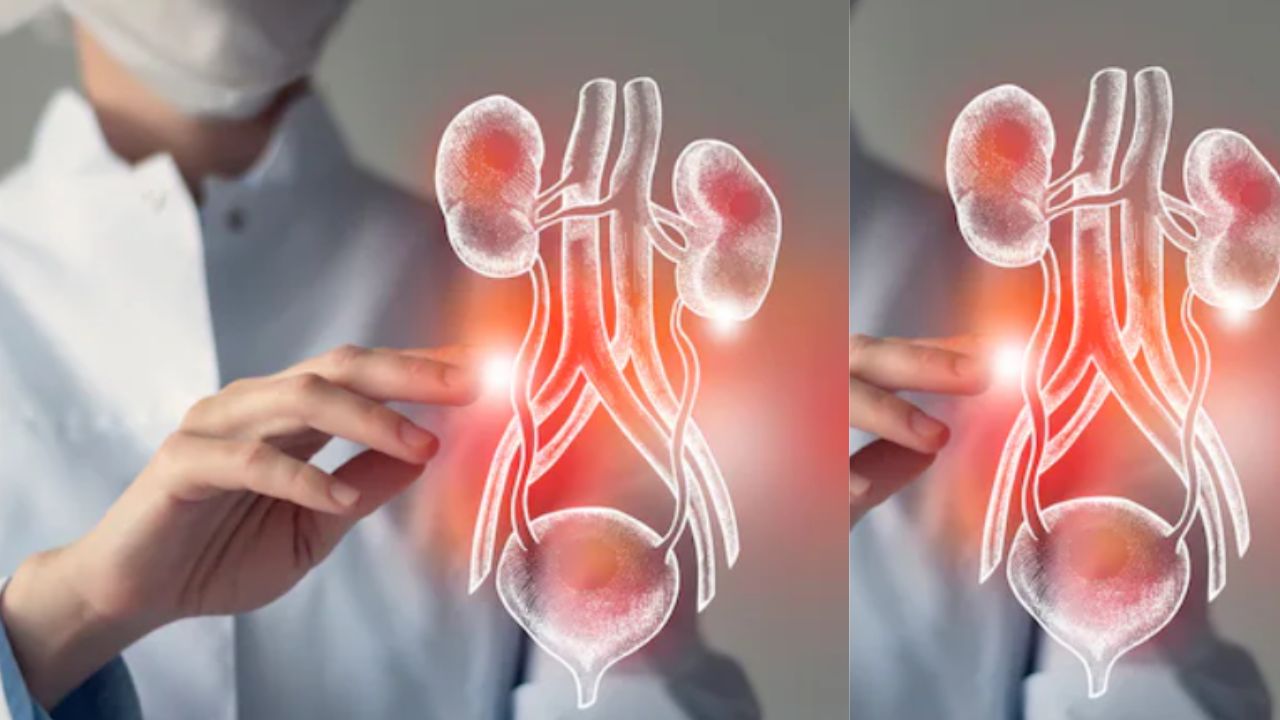Undergoing a kidney transplant is a life-changing experience — one that brings renewed energy, freedom from dialysis, and the promise of a healthier future. But the success of this journey doesn’t end in the operating room. What you eat after a transplant plays a crucial role in ensuring the longevity of your new kidney and preventing complications.
A well-managed diet supports immune function, maintains a healthy weight, and helps your body adjust to anti-rejection medications, which often come with side effects. Here’s a comprehensive guide on how to eat wisely after a kidney transplant — and why it matters.
Why Post-Transplant Diet Matters
After a kidney transplant, your immune system is deliberately suppressed to prevent it from attacking the new organ. This makes you more prone to infections, weight gain, and other health issues such as high blood pressure, diabetes, and bone loss. Certain medications can also affect how your body processes nutrients.
That’s why adopting a balanced, kidney-friendly diet is essential for long-term well-being.
Top Dietary Goals After a Kidney Transplant
- Prevent infection and inflammation
- Support your immune system
- Maintain a healthy weight
- Control blood pressure and blood sugar
- Protect your new kidney from further damage
Key Dietary Guidelines for Kidney Transplant Patients
1. Prioritize Lean Proteins (But in Moderation)
- Why: After a transplant, your body needs protein to heal and regain strength. However, excess protein can overwork your new kidney.
- What to Eat: Eggs, chicken, fish, tofu, low-fat dairy
- What to Limit: Red meat, organ meats, and processed meats
2. Watch Your Sodium Intake
- Why: Immunosuppressants can raise your risk of high blood pressure, which may harm your kidney.
- What to Avoid: Salt-heavy foods like pickles, packaged snacks, instant noodles, and canned soups
- Healthy Swap: Use herbs, lemon juice, garlic, and spices for flavor instead of salt
3. Balance Carbohydrates Carefully
- Why: Steroids and medications can increase blood sugar levels, potentially leading to diabetes post-transplant.
- What to Eat: Whole grains (brown rice, oats), vegetables, and low-GI fruits like berries and apples
- What to Avoid: Sugary drinks, sweets, white bread, and refined carbs
4. Limit Fats, Especially the Unhealthy Ones
- Why: Post-transplant medication can increase cholesterol and triglyceride levels.
- Choose: Olive oil, avocado, flaxseeds, walnuts
- Avoid: Fried foods, trans fats, full-fat dairy, pastries
5. Stay Hydrated — But Know Your Limits
- Why: Adequate hydration supports kidney function, but too much water may stress your organ depending on your condition.
- Best Practice: Follow your doctor’s guidance on daily fluid intake and monitor your urine output.
6. Be Cautious with Raw and Unpasteurized Foods
- Why: Immunosuppressants make you more vulnerable to foodborne infections.
- What to Avoid: Raw seafood (sushi), undercooked meat, unpasteurized milk or cheese, and salads washed in unclean water

7. Avoid Potassium Overload
- Why: Some patients may struggle with potassium balance, especially if kidney function isn’t fully optimal.
- Foods to Limit: Bananas, oranges, potatoes, tomatoes
- Safer Options: Apples, grapes, berries, cabbage, and carrots
Special Considerations:
- Grapefruit & Grapefruit Juice: Strictly avoid these as they can interfere with transplant medications like cyclosporine and tacrolimus.
- Alcohol: Best consumed rarely and only with your doctor’s approval.
- Supplements: Don’t self-medicate with herbal or over-the-counter supplements — many can interact with your drugs or harm the kidney.
Sample One-Day Diet Plan (Post-Kidney Transplant)
Breakfast:
- Oatmeal with berries and skim milk
- Boiled egg
- Herbal tea or warm water
Mid-Morning Snack:
- Apple slices with unsalted peanut butter
Lunch:
- Grilled chicken breast
- Steamed broccoli and carrots
- Quinoa or brown rice
- Low-sodium cucumber raita
Evening Snack:
- A handful of unsalted almonds
- Green tea
Dinner:
- Moong dal or tofu curry
- Chapati (no added salt)
- Mixed vegetable stir-fry
Final Tips to Stay Healthy After a Kidney Transplant
- Keep regular follow-ups with your nephrologist and dietitian
- Monitor your weight, blood pressure, and sugar levels
- Exercise regularly with medical guidance
- Avoid smoking and limit alcohol
- Stick to your prescribed medication routine
Your new kidney offers a second chance at life — and your diet is the key to protecting that gift. With the right nutritional approach and a few mindful lifestyle changes, you can reduce risks, avoid complications, and enjoy a healthy, active life post-transplant.
Always remember: A kidney transplant may replace an organ, but only you can take charge of your health moving forward.

You’ve written something that resonates on a deeper level, not just with the mind, but with the heart.